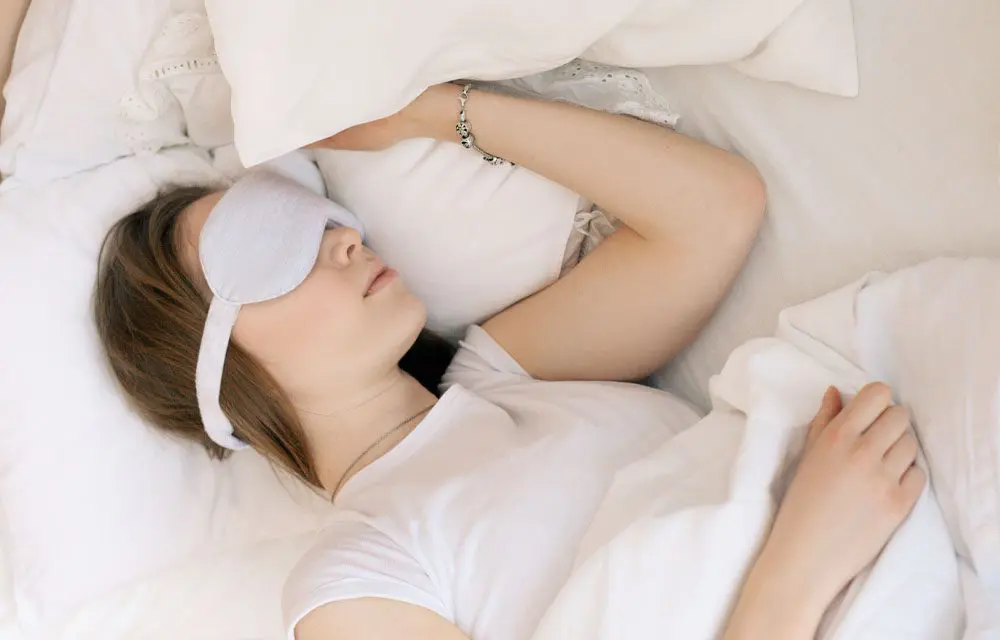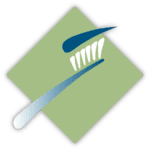
“HOW CAN I FIND sleep apnea treatment near me?” is a question over 18 million adults in the US alone, as well as up to 20% of habitually snoring children, have probably asked themselves at least once. That’s how common this sleep disorder is. Sleep apnea is characterized by brief but repeated interruptions to normal breathing during sleep. Not only is this a potentially life-threatening disorder, but it also has a significant impact on oral health, and your Laytonsville dentist can help.
The Three Types of Sleep Apnea
Sleep apnea can occur in three different ways. Obstructive sleep apnea (OSA) is the result of a blockage in the airway, typically the tongue collapsing against the soft palate, which in turn collapses against the back of the throat, closing off the airway. This is the most common type of sleep apnea. Central sleep apnea happens when the brain fails to signal the muscles of the respiratory system to keep breathing. Complex sleep apnea is a combination of the first two types.
Each time breath is interrupted, the brain causes the person with sleep apnea to wake up and take a breath. It happens so quickly that they usually don’t remember it, but the interruptions severely impact the overall quality of sleep, as they can happen as often as hundreds of times in a single night.
What Does Sleep Apnea Have to Do With Teeth?
In addition to leaving you with all the usual symptoms of sleep deprivation, such as exhaustion, difficulty concentrating, and morning headaches, sleep apnea has a number of effects on oral health. There is a significant association between OSA and moderate to severe periodontitis (gum disease), but the most common dental health complications are temporomandibular joint disorders (TMJ or TMD).
Studies have shown that the jaw reflexively clenches to prevent the airway from becoming blocked when the throat relaxes during a sleep apnea episode. TMD leads to other problems like worn, cracked, or broken teeth, pain when chewing, chronic headaches, and neck and shoulder pain.
How Dr. Brush Can Help
The dental effects of sleep apnea are so common that your dentist might be the first one to spot the signs of the disorder. You won’t have to keep asking “where can I find sleep apnea treatment near me?” because Dr. Brush can identify the condition and offer treatments.
Types of Sleep Apnea Treatment Near Me
There are different options for sleep apnea treatment, and Dr. Brush can help you find the right one for you. Mild cases may be improved simply by changing your sleeping position, while the moderate to severe ones usually require other methods.
Oral appliance therapy is a non-invasive and highly effective treatment option for sleep apnea. It involves the use of custom-fitted oral appliances, similar to mouthguards, which are worn during sleep. These appliances work by repositioning the jaw and tongue to keep the airway open, reducing the risk of airway collapse and snoring. Many patients prefer oral appliances due to their comfort, portability, and ease of use.
Continuous Positive Airway Pressure (CPAP) therapy is another highly efficient option for alleviating the symptoms of sleep apnea, including loud snoring and daytime fatigue. However, some individuals may find it challenging to adapt to the mask and machine, which can be bulky and noisy. The most extreme cases of sleep apnea may be recommended for surgical treatment.
Healthier Sleep for Healthier Smiles
If you’ve been experiencing any of the symptoms described above, there’s no reason to continue living with interrupted sleep and the health problems that come with sleep apnea. Give us a call or drop by our practice today to schedule an appointment so that we can screen for sleep apnea and help get you on the path to more restful sleep and better oral health. You can also check out our business page to learn more about us, and make sure to get directions before heading to our Laytonsville practice.

